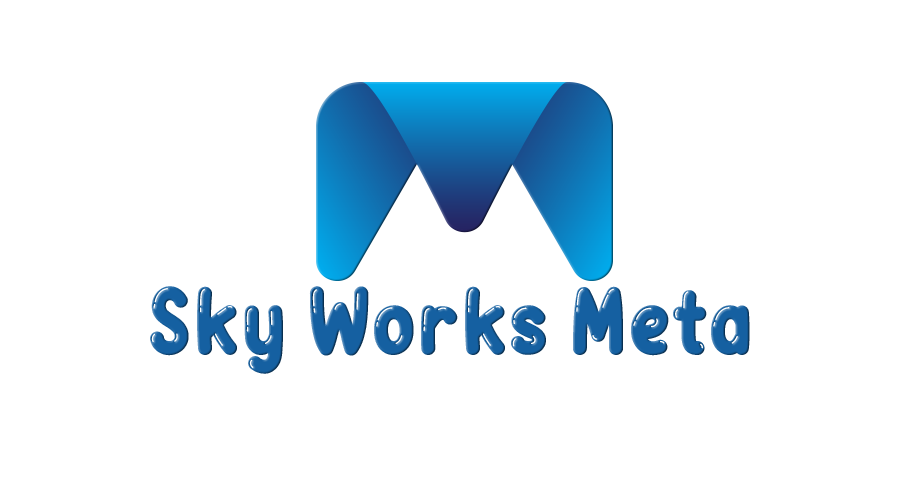Merchant Cash Advances (MCAs) often seem like a quick financial fix, but when multiple advances pile up, the burden can quickly become overwhelming. This leads many business owners to consider MCA Consolidation as a way to regain control. While consolidation may appear to offer breathing room, it’s crucial to understand the fine print before signing on. In reality, what looks like a solution may just be another layer of financial complexity.
Understanding MCA Consolidation
MCA consolidation involves combining multiple merchant cash advances into a single, manageable payment. Companies offering this service often promise reduced daily or weekly deductions, extended repayment terms, and lower stress. For businesses drowning in multiple payments, this sounds like the answer to their problems. But appearances can be deceiving.
Consolidation often does not eliminate debt—it merely restructures it. Instead of tackling the root of the issue, it might just extend your obligations, increasing the total repayment amount in the long run. Even if the payments feel lighter, the total cost of borrowing often becomes much higher than anticipated.
The Hidden Costs You Need to Know
When you consolidate MCAs, many lenders roll fees and interest into the new agreement. Unlike traditional loans, these agreements are typically structured around a set payback amount rather than an interest rate. That means you could be committing to pay significantly more than you originally borrowed.
Additionally, consolidation providers may require a new UCC lien, giving them the legal right to your business assets if you default. This places your company in a vulnerable position—especially if you experience cash flow issues again.
Temporary Relief, Long-Term Impact
One of the key issues with consolidation is that it can provide temporary relief without resolving the underlying financial problems. Many businesses that consolidate still end up facing defaults, lawsuits, or frozen accounts because they haven’t addressed unsustainable revenue streams or poor cash management.
Before consolidating, it’s essential to evaluate why the MCA debt became unmanageable in the first place. Are you relying on advances for operational expenses? Are you trapped in a cycle of borrowing to pay off previous debts? If these root causes aren’t resolved, consolidation simply delays the inevitable.
Rethinking the Payment Structure
It’s also important to understand how does MCA pay you and what the implications are. MCA payments are typically taken directly from your daily credit card or bank receipts, which can leave your business with inconsistent and often insufficient working capital. This “automated collection” approach doesn’t stop with consolidation. In most cases, daily withdrawals continue—just from a different provider.
So while the payment frequency or amount may shift, the pressure remains. If your income fluctuates or drops, you could fall behind again. And because MCA contracts are not regulated like traditional loans, there’s often limited recourse for businesses that find themselves in trouble.
So, Is It Worth It?
MCA consolidation may benefit some businesses under very specific circumstances, but it’s far from a one-size-fits-all solution. The real risk lies in being lulled into a false sense of security, thinking the problem has been solved when it’s merely been repackaged. It’s critical to explore every option and understand the full implications before entering into any new agreement.
Conclusion: Seek Legal Support That Puts Your Business First
If you’re struggling with multiple merchant cash advances, professional legal guidance can offer a clearer and more sustainable path forward. Grant Phillips Law specializes in defending businesses from aggressive MCA funders and provides strategic solutions tailored to your financial situation. Whether you’re facing lawsuits, frozen accounts, or overwhelming payment structures, this dedicated law firm can help you explore your options and protect your business from further harm.

